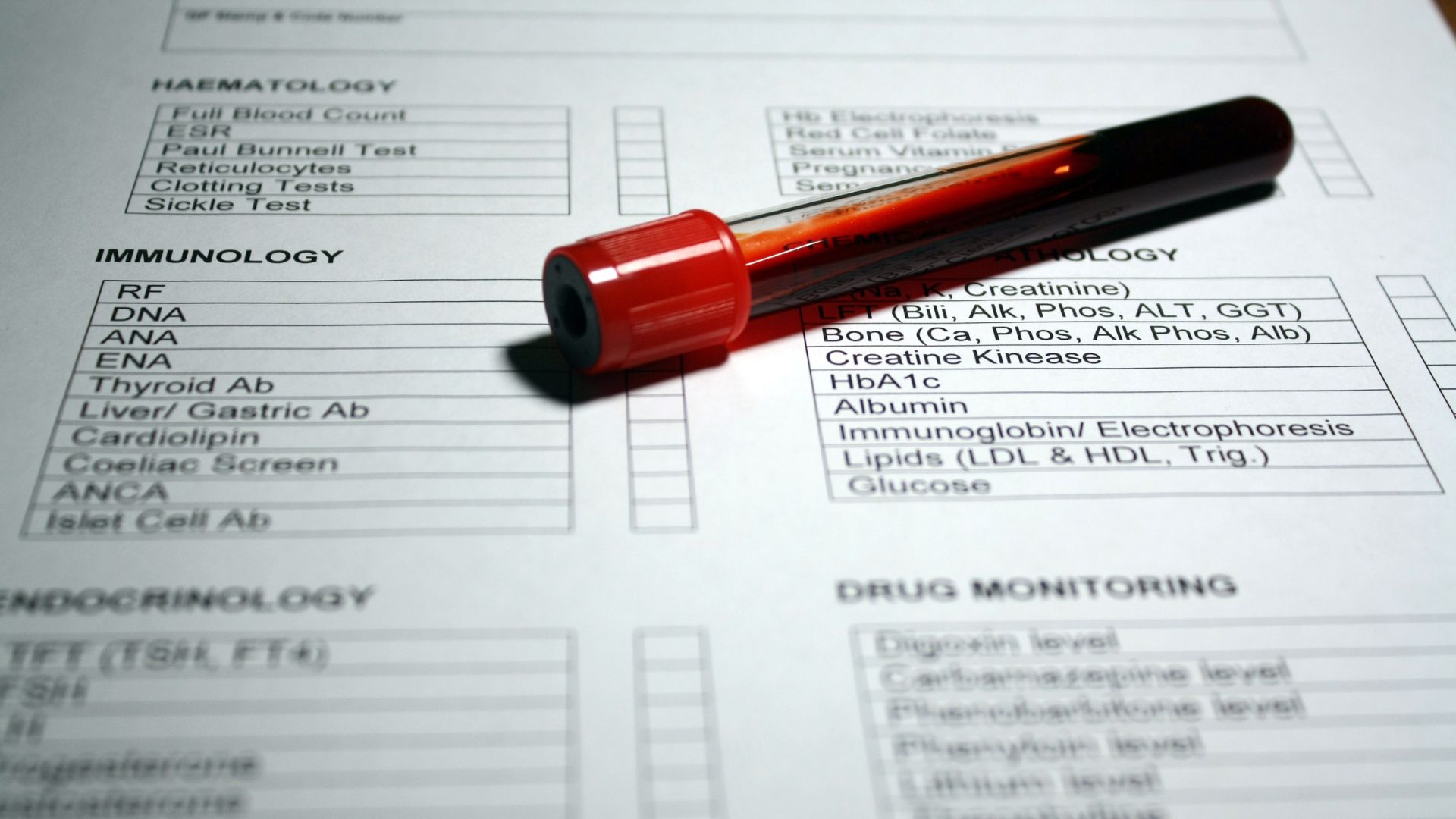A recent groundbreaking study on circulating bile acids in women with PCOS has shed new light on their role beyond digestion. In this study, 37 women with PCOS were compared with matched controls, revealing elevated levels of conjugated bile acids in PCOS patients. These elevated levels were also associated with higher serum testosterone and androstenedione levels, highlighting their potential influence on hormonal balance.
Understanding Bile Acids
Bile acids are produced from cholesterol in the liver and conjugated with amino acids like glycine or taurine. Once released into the gut, they undergo further modification by the microbiome. Traditionally recognized for their role in fat digestion, bile acids are now understood as regulators of the gut microbiome, with implications for antimicrobial balance. They can influence the growth of beneficial versus harmful bacteria in the gut, contributing to overall gut health and immune function.
Bile Acids in PCOS
The study findings suggest that elevated bile acids in PCOS may contribute to chronic inflammation and increased intestinal permeability, factors known to exacerbate PCOS symptoms. Dysregulated bile acids can impact hormonal signaling through the Farnesoid X receptor (FXR), potentially influencing testosterone levels and insulin resistance.
Impact and Symptoms
Symptoms of dysregulated bile acids may include difficulty digesting fats, bloating, nausea, burping, and changes in stool consistency such as loose stools shortly after eating. Conditions like fatty liver disease and metabolic disturbances are also associated with imbalanced bile acids.
Fiber Addition
Adding fiber to your diet is crucial for managing bile acid levels and supporting digestive health. Soluble fiber found in oats, legumes, and fruits helps bind bile acids in the gut, aiding their excretion and promoting healthy cholesterol metabolism. Aim for a daily intake of 25-35 grams of fiber from a variety of sources to support optimal digestive function.
Blood Testing for Biliary Dysfunction
When biliary dysfunction is suspected, specific blood tests can provide valuable insights. Tests may include ALT (liver function), total bile acids, bilirubin, and a lipid panel. Imaging techniques such as ultrasound can also help assess liver and gallbladder health.
What Can You Do?
Maintaining a healthy circadian rhythm, sufficient sleep, and a balanced diet rich in fiber and protein are crucial. Fiber helps regulate bile acid levels and supports healthy cholesterol metabolism, while protein helps stabilize blood sugar levels. Choline supports biliary function, contributing to overall digestive health and metabolic balance.
Take Control of Your Health
At Integrative Wellness Clinic, we specialise in personalised approaches to managing PCOS and metabolic health. Our goal is to empower you with knowledge and effective strategies to optimise your hormonal balance and overall well-being. Contact us today to learn more about how we can support your journey to better health.








